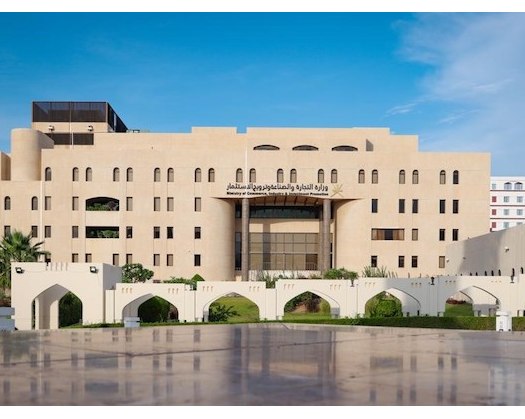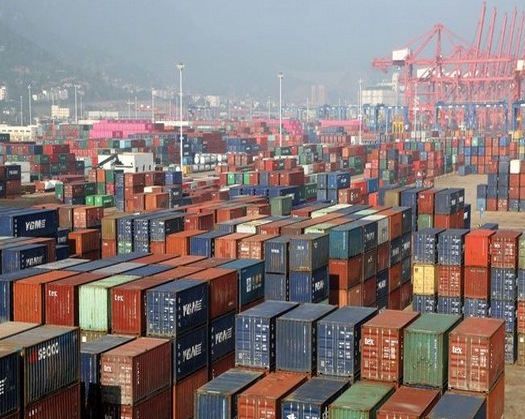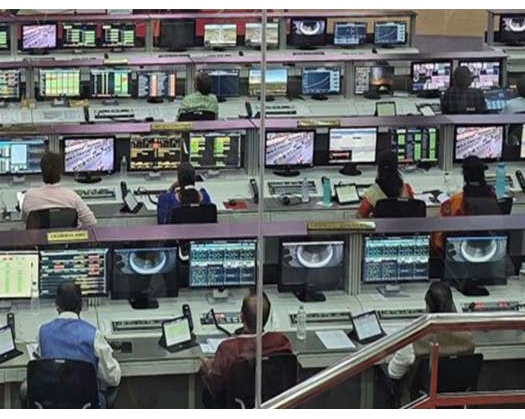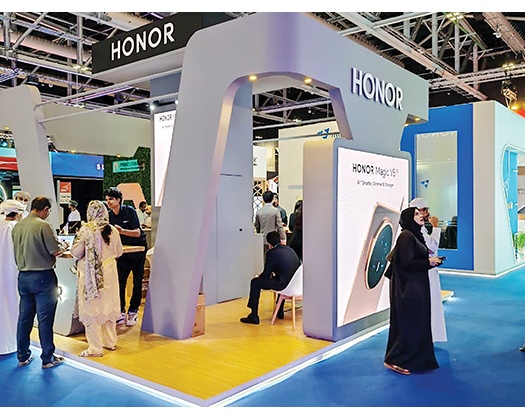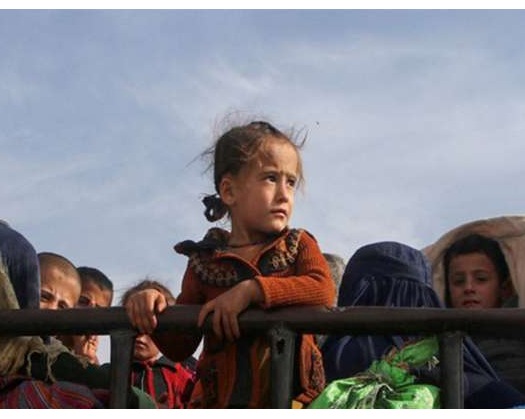Muscat: The Ministry of Commerce, Industry, and Investment Promotion has issued Ministerial Decision No. 435/2024, which modifies certain provisions of Ministerial Decision No. 209/2020. This decision is in alignment with Article 14 of the Foreign Capital Investment Law, promulgated under Royal Decree No. 50/2019, which mandates the issuance of a list of activities prohibited for foreign investment by the Minister.
The objective of this decision is to strike a balance between attracting high-quality investments and fostering entrepreneurial ventures, in accordance with the government's focus on empowering small and medium enterprises (SMEs) to bolster the Omani economy.
This measure serves as a catalyst for Omani nationals to establish their own enterprises and generate employment opportunities for the local populace. Omani investors are permitted to engage in all activities that are prohibited for foreign investment. Furthermore, the decision aims to create opportunities for Omani-owned SMEs within these sectors and ensure that projects and activities related to national identity and Omani heritage are preserved.
The list of activities will be periodically updated to reflect the evolving economic landscape.
The decision has expanded the list of activities reserved exclusively for Omani investors, thereby prohibiting foreign investors from participating in these activities. This expansion has increased the total number of such activities to 123.
Article 2 of the ministerial decision stipulates that any provisions that are in conflict with this decision are rendered null and void. Article 3 affirms that the decision will come into effect the following day upon its publication, with the exception of existing investment projects at the time of its implementation. Such projects cannot be transferred to new entities without obtaining written approval from the Minister of Commerce, Industry, and Investment Promotion or his designated delegate, as outlined in Article 2 of Ministerial Decision No. 209/2020.
The newly prohibited activities encompass a wide range of sectors, including the production of handicrafts through distilling flowers and herbs, the creation of handicrafts for the production of frankincense water and oil, the manufacture of leather handicrafts, the production of palm leaf handicrafts, wood handicrafts, the production and preparation of incense, the creation of handicrafts for cosmetics and perfumes, the production of pottery and ceramics, the production of stone and gypsum handicrafts, the creation of silver handicrafts, the production of copper and metal handicrafts, the production of aluminum handicrafts, the production of traditional fishing tools, and the creation of bone-derived handicrafts.
Additionally, the decision encompasses a variety of activities such as skin care services, event and furniture rental, retail in specialized stores for scrap materials (including the trade in scrap iron), retail in specialized stores for drinking water (excluding the production and transportation of drinking water), the cultivation of live plants for planting, decoration, and seedlings (nurseries), the sale of used vehicles, mobile cafes, freshwater aquaculture, mailbox rental services, public scribe services, Sand Services Center, the management and operation of liquefied petroleum gas (LPG) filling stations (for cooking gas), the collection of used batteries and oils, and grocery stores.
It is important to acknowledge that the provisions of the Foreign Capital Investment Law are applicable to any natural or legal entity, non-Omani in origin, that establishes an investment project within the Sultanate of Oman. This law facilitates the establishment of economically viable investment projects within the Sultanate by permitting the allocation of capital and assets. It plays a pivotal role in fostering an attractive investment environment and ensuring favorable conditions for investment, amidst the global competition to secure investments by offering incentives, privileges, and guarantees that contribute to the stabilization of foreign investments in Oman.
Furthermore, the Foreign Capital Investment Law affords foreign investment projects the same rights, benefits, incentives, and guarantees as those enjoyed by national projects, in accordance with the laws enacted within the Sultanate of Oman. It permits foreign ownership of companies to reach up to 100% under the Foreign Capital Investment Law, and it allows foreign investors to engage in over 2,000 commercial or industrial activities.
As a consequence of these advantages and incentives, Oman has experienced significant growth in foreign direct investment by the end of the first quarter of 2024, recording a 19.3% increase compared to the same period in 2023.
By the end of the first quarter of 2024, the total foreign direct investment had reached OMR 25.38 billion, an increase from OMR 21.27 billion observed during the same period in 2023.
List of activities prohibited for foreign investment includes:
1. Production of handicraft products derived from distilling flowers and herbs.
2. Production of handicraft products for frankincense water and oil.
3. Production of handicraft products from leather.
4. Production of handicraft products from palm leaves.
5. Production of handicraft products from wood.
6. Production of handicraft products for incense.
7. Production of handicraft products for cosmetics and perfumes.
8. Production of handicraft products from pottery and porcelain.
9. Production of handicraft products from stone and gypsum.
10. Production of handicraft products from silver.
11. Production of handicraft products from copper and metals.
12. Production of handicraft products from aluminum.
13. Production of handicraft products for traditional fishing tools.
14. Production of Handicrafts from Bone Materials
15. Services Offering Skin Care
16. Provision of Event Supply and Furniture Rentals
17. Retail Operations in Specialized Stores for Scrap Building Materials (Including the Scrap Iron Trade)
18. Retail Operations in Specialized Stores for Drinking Water (Excluding Production and Transportation)
19. Cultivation of Live Plants
20. Planting, Ornamental, and Seedling Production (Nurseries)
21. Sale of Pre-Owned Vehicles
22. Mobile Café Services
23. Freshwater Fish Farming Operations
24. Services Offering Mailbox Rental
25. General Scribe Services
26. Sand Services
27. Management and Operation of LPG Filling Stations (Cooking Gas)
28. Collection of Batteries and Used Oils
29. Operations of Grocery Stores

